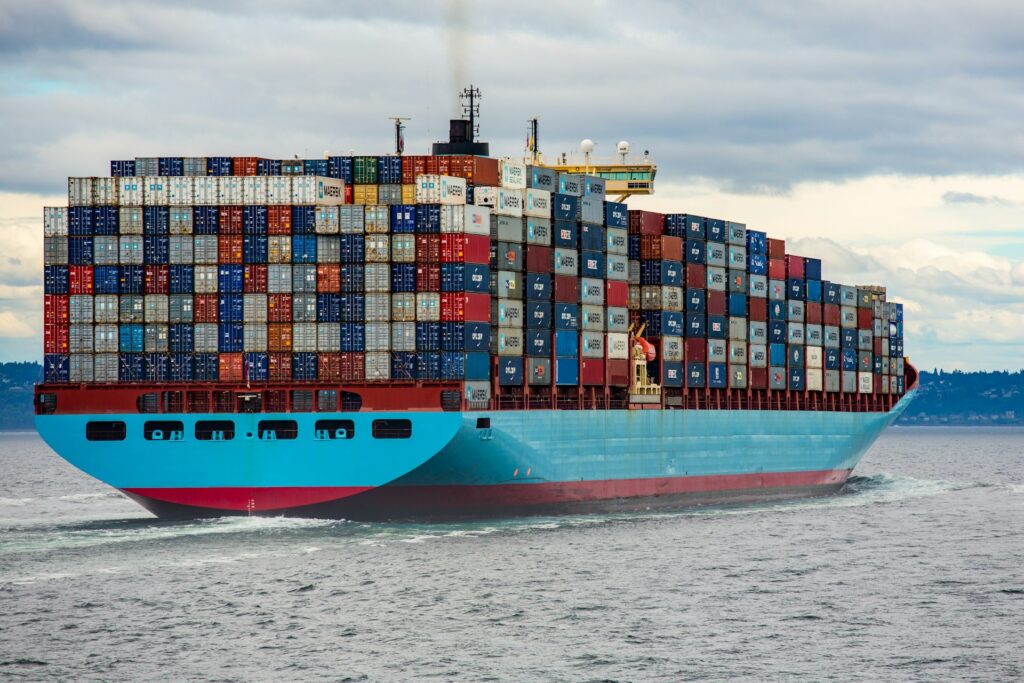Facing the Fallout: How China-US Tariffs Are Disrupting Fixed-Price Contracts

Facing the Fallout: How China-US Tariffs Are Disrupting Fixed-Price Contracts
By Matthew Ding
The continuing tariff escalation between China and the United States has begun to hit supply chains in ways many companies didn’t anticipate—even those with long-standing contracts in place. As of July 2025, U.S.-origin goods entering China are subject to retaliatory tariffs of 10% under a temporary truce, while the U.S. has imposed duties of approximately 30% on China-originated products; however, both rates are set to revert to 125% and 145% respectively if no deal is reached by August 12.
If you're locked into a fixed-price supply contract, this development may pose serious challenges—and you’re not alone.
One of our clients recently sought advice after facing this exact scenario. Their framework agreement commits them to fixed pricing through 2025, with no price adjustment or termination-for-convenience clause. Orders under the agreement are deemed accepted if not explicitly rejected within 24 hours. Rejecting an order without consent triggers penalties. In short: the contract leaves little room to maneuver.
So what can companies in similar positions do? Here’s a quick breakdown of potential paths under PRC law:
- The Contract Itself Offers Limited Flexibility
Many fixed-price contracts lack clauses that account for volatile geopolitical risks like tariff wars. Without a termination or price adjustment clause, walking away often comes with financial penalties. If you're dealing with a rigid contract structure, you may need to look outside the four corners of the agreement for relief.
- Statutory Grounds Under PRC Law: Two Possible Avenues
- Force Majeure (不可抗力): While “government action” is often listed as a force majeure event, courts in China are unlikely to accept increased tariffs alone as an unforeseeable or insurmountable event—since trade tensions have been ongoing for years. That said, invoking force majeure could still serve as a useful basis for opening negotiations in good faith.
- Change of Circumstances (情势变更): This is where there may be real traction. Under Article 533 of the PRC Civil Code, if unforeseen changes make the contract performance clearly unfair to one party, courts may support renegotiation or even termination. Some courts have been skeptical about applying this to tariff cases—but recent policy signals (including a State Council Tax Commission statement noting zero market acceptance for U.S. goods at current rates) may tip the balance in certain cases.
- Practical Next Steps if You're Affected
- Initiate Renegotiation: If contract performance becomes economically unsustainable, consider formally notifying the other party and proposing a good-faith renegotiation or temporary suspension. This could reduce later risks and show you're acting responsibly.
- Prepare Evidence: Keep documentation of cost impacts—supplier quotes, customs notices, internal cost breakdowns—to help support any future renegotiation or court argument.
- Monitor Orders Closely: Be alert for incoming orders that could be deemed accepted if not rejected promptly, especially if fulfilling them is no longer viable.
- Consider Broader Strategic Moves: Engage your supplier to explore cost-sharing mechanisms, or evaluate alternative sourcing regions to mitigate long-term exposure.
While there's no one-size-fits-all solution, companies with international trade exposure should now be reviewing their key contracts—and developing contingency plans in case tariff pressure intensifies further.
R&P's commercial and international trade teams support companies with exposure to these and other trade conflicts. If you’d like to explore these options in more detail, feel free to reach out to Matthew Ding ([email protected]) or to your trusted contact at R&P.
